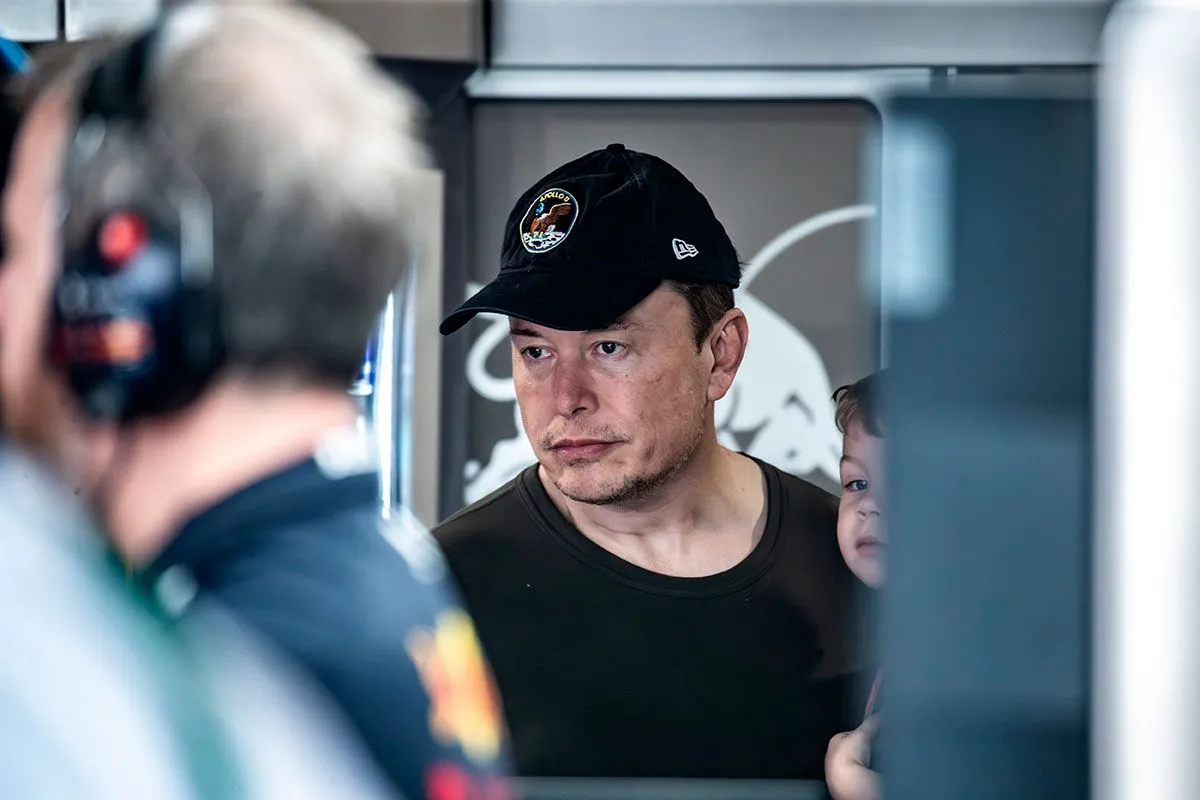Why Memphis Is Banking on Elon Musk’s Colossus AI Project

In an audacious move that’s set to shake up the tech scene, Elon Musk, the CEO of Tesla and founder of xAI, has kicked off an ambitious project called Colossus. His plan? Transform a former factory site in Memphis into what might soon be the world’s most powerful supercomputer. The goal is to deliver unmatched computing power for training next-generation AI models, taking AI capabilities to a whole new level.
Economic boost in memphis
The Colossus project is expected to bring plenty of benefits to Memphis. During its build-out, it’ll create a host of jobs—from construction gigs to skilled positions needed for keeping the facility running. This influx of work should give the local economy a nice lift.
On top of that, local businesses could see more orders, and extra tax revenues might help pump up public services. Part of xAI’s Delta Digital program (a push to upgrade Memphis’s digital scene), the project aims to turn the city into an attractive spot for tech companies from around the globe. Besides job creation, the initiative should also boost training and digital skills for local workers, supporting long-term economic growth.
Environmental and health worries
Even with all the economic perks, the Colossus project has raised a few environmental and health concerns. The supercomputer is a big energy hog and demands a hefty cooling system. With facilities running on gas turbines—and without the proper environmental permits—there’s a risk of more nitrogen oxides and fine particles ending up in the air.
These emissions could lead to problems like higher levels of ground-level ozone and breathing difficulties for nearby residents. On top of that, extra residual heat, noise from the equipment, and increased traffic near the site are all on people’s radar as potential downsides.
Local reactions
Not everyone is on board with the Colossus plan. Some residents in Boxtown are uneasy, recalling past industrial strains that have already affected their community. Their main worry is that any extra pollution might make respiratory problems even worse.
On the flip side, business leaders in Memphis are pretty excited, seeing this as a great chance to establish the city as a leading hub for AI innovation. Still, folks in Boxtown are calling for fair compensation and stronger environmental safeguards to help balance things out.
What the company says
Addressing these concerns head-on, xAI has laid out several steps to minimize the downsides. They’re set on investing in emission filters that can help cut down on the harmful byproducts from their facility. On top of that, they’re getting ready to switch some energy sources to greener alternatives.
xAI is also pushing for independent monitoring of emissions and air quality around the site. They promise to keep things transparent by regularly sharing data and compliance reports. Plus, proposed community benefit agreements are on the table to fund measures aimed directly at easing local worries.
Bigger picture
The Colossus project pretty clearly shows the tension between pushing tech forward and looking out for public health. Finding the right balance between industrial expansion and environmental fairness is no easy task for everyone involved. Keeping a close eye on emissions isn’t just about playing by the rules—it’s also about making sure local communities don’t get overlooked.
As Memphis takes this bold step toward becoming an AI hub under Elon Musk’s guidance with xAI’s Colossus initiative, striking a balance between high-tech ambitions and protecting community well-being will be key. In the end, whether it’s about ramping up the digital scene or boosting economic opportunities, how these challenges are handled will set the tone for how Memphis navigates this exciting, complex chapter—one where technological breakthroughs and thriving communities go hand in hand.